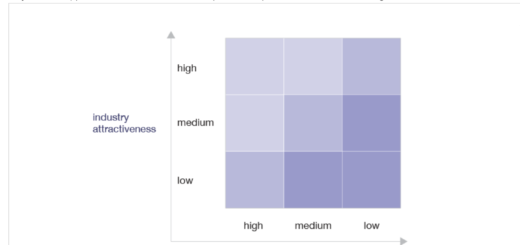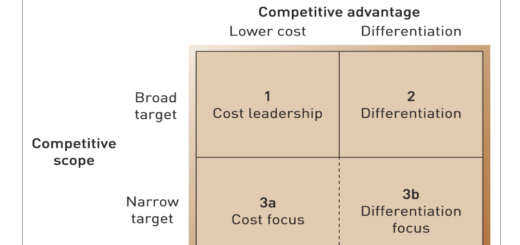Peter Drucker on Management
Peter Drucker is one of the most influential management thinkers and writers of the 20th century. He made significant contributions to the field of management through his numerous books and articles. Here, we’ll focus on three of his works: “The Practice of Management” (1954), “Management: Tasks, Responsibilities, Practices” (1974), and “The Effective Executive: The Definitive Guide to Getting the Right Things Done” (2005).
- The Practice of Management (1954): In this seminal work, Drucker introduced the concept of “management by objectives” (MBO), which emphasizes the importance of setting clear, specific goals and monitoring progress towards these goals. He argued that managers should focus on results rather than tasks and should work collaboratively with their teams to define and achieve objectives. Drucker also highlighted the importance of decentralization, delegation, and a customer-centric approach to business.
- Management: Tasks, Responsibilities, Practices (1974): In this comprehensive book, Drucker presents a systematic and analytical approach to the practice of management. He discusses various aspects of management, such as planning, organizing, staffing, directing, and controlling, and offers guidance on how managers can develop their skills and improve their effectiveness. Drucker emphasizes that management is a practice that can be learned and improved over time, and he encourages managers to be adaptable, forward-thinking and focused on continuous improvement.
- The Effective Executive: The Definitive Guide to Getting the Right Things Done (2005): In this influential book, Drucker outlines the habits and practices of effective executives. He argues that effectiveness can be learned and developed, and he provides a framework for executives to improve their performance. Some key principles from this book include:
- Focus on time management and prioritize tasks that contribute to the organization’s objectives.
- Develop the ability to make decisions based on available information and commit to those decisions.
- Delegate responsibilities to empower others and make the best use of their skills and talents.
- Encourage innovation and continuous improvement within the organization.
Throughout these works, Peter Drucker has consistently emphasized the importance of clear objectives, effective decision-making, and a focus on results. His ideas have had a lasting impact on the field of management, shaping the way organizations operate and managers think about their roles.
Main Activities/Function of Manager
Peter Drucker was a prominent management theorist who made significant contributions to the understanding of management and the role of managers in organizations. In his various works, Drucker identified several key activities and functions that managers should perform to be effective. Some of the main activities/functions of a manager, according to Drucker, include:
- Setting objectives: Managers must establish clear and specific goals for the organization, its departments, and its employees. Objectives should be realistic, measurable, and time-bound, and they should align with the overall mission and vision of the organization.
- Organizing: Managers need to create an effective organizational structure that allows for the efficient use of resources and coordination of activities. This includes defining roles and responsibilities, establishing reporting relationships, and delegating tasks to the appropriate individuals or teams.
- Motivating and communicating: Effective managers must be able to inspire, motivate, and engage their employees. This involves clear communication of expectations, providing feedback and recognition, and creating a positive work environment that fosters collaboration and teamwork.
- Measuring performance: Drucker emphasized the importance of tracking progress and evaluating performance against the set objectives. Managers must establish performance standards, monitor actual performance, and analyze deviations from these standards. This allows them to identify areas for improvement, make informed decisions, and take corrective actions as needed.
- Developing people: Drucker believed that one of the most important tasks of a manager is to develop their employees’ skills and talents. This includes providing training, mentoring, and opportunities for growth and development, as well as creating a supportive environment that encourages learning and innovation.
- Decision-making: Managers must make informed decisions based on available information and analysis. Effective decision-making involves evaluating alternatives, considering potential risks and benefits, and committing to a course of action.
- Innovation and continuous improvement: Drucker stressed the importance of embracing change and fostering a culture of innovation within organizations. Managers should encourage new ideas, support experimentation, and strive for continuous improvement in processes, products, and services.
By focusing on these key activities and functions, managers can drive organizational success, enhance employee satisfaction, and contribute to the achievement of the organization’s goals.




1 Response
[…] Peter Drucker’s on Management […]